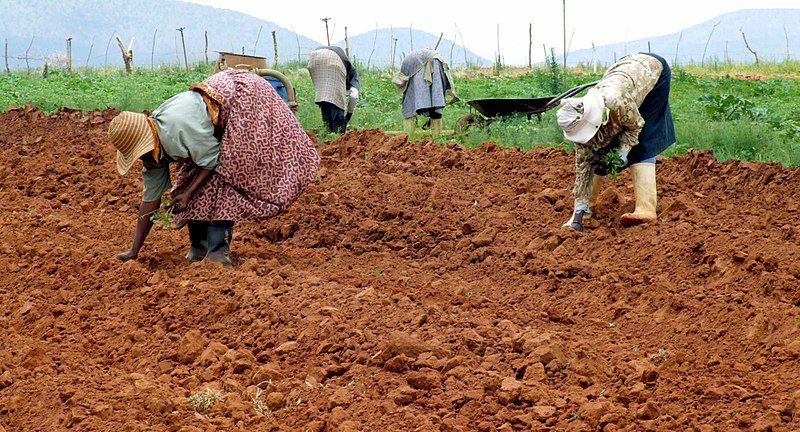South African land reform has been a hot topic of conversation for many years, with the end of apartheid and the current government’s goal of 30% of farmland being in black African ownership. The issue has been kicked down the road for too long, and now, with the ANC pushing for a policy of expropriation without compensation, it has become a “time bomb” that must be addressed. In this blog post, we will explore the history of South African land reform, the issues that have arisen, and the possible solutions that could help to solve this complex problem. We will look at the legal implications of expropriation without compensation, examine the success of other countries in dealing with similar land reform issues, and consider the potential economic and social impacts of land reform in South Africa. Finally, we will look at the role of the ANC, the role of the private sector, and the role of international organizations in helping to bring about successful land reform in South Africa.
The history of South African land reform is complex, and has its roots in centuries of colonial rule and racial segregation. During the apartheid era, the government passed the Group Areas Act, which restricted black South Africans’ access to land and opportunity. This led to the displacement of millions of black South Africans and the concentration of land in the hands of white landowners. In the post-apartheid period, the ruling African National Congress (ANC) committed to righting this wrong through a range of land restitution initiatives. Unfortunately, these initiatives have been largely unsuccessful, with only a quarter of land being redistributed to black farmers.
This failure has been compounded by corruption, a protracted drought, and a lack of political will. In response to this, the ANC government has proposed a constitutional amendment that would allow the government to seize “unused” private land without compensation, a process known as expropriation. This has caused a great deal of anxiety among white landowners, who fear that their land could be taken without due process or fair compensation.
There is also fear that a policy of expropriation without compensation could have a similar impact as in Zimbabwe, leading to economic collapse. To avoid this, the ANC has committed to a process of consultation with stakeholders and a “just and equitable” approach to land reform. It has also proposed the creation of a land management commission to oversee the process.
At the same time, the government has sought to involve the private sector and international organizations in the process. Private sector involvement has been primarily in the form of support for small-scale farmers, while international organizations have provided financial and technical assistance. This has been welcomed as a sign that the ANC is taking the issue seriously, but it remains to be seen whether this will be enough to bring about meaningful and lasting change.
In conclusion, the issue of South African land reform is complex and far-reaching, and the government’s proposed policies will have far-reaching implications. It is essential that all stakeholders are involved in the consultation process, and that due process is followed to ensure that land reform is carried out in a fair and equitable manner. Only then can we hope to see a successful resolution to this long-standing issu



